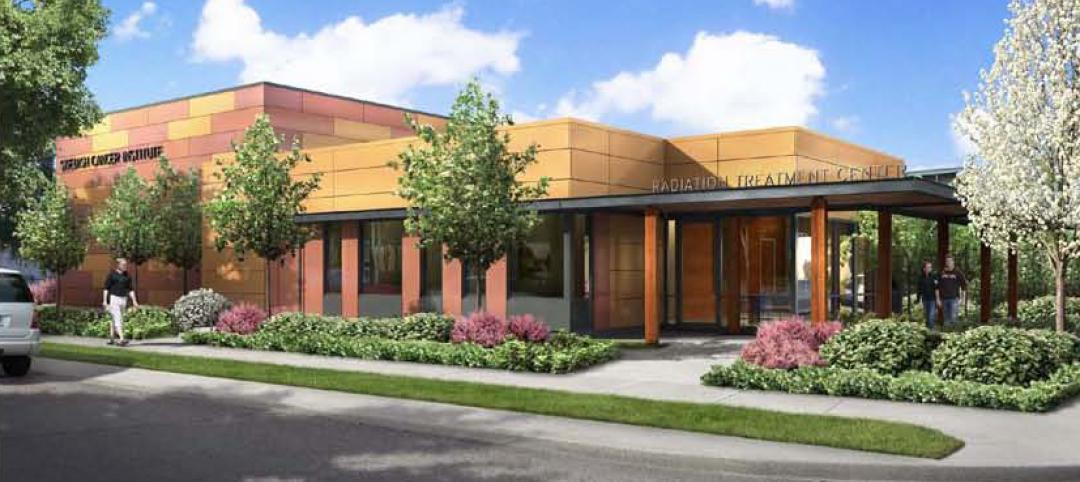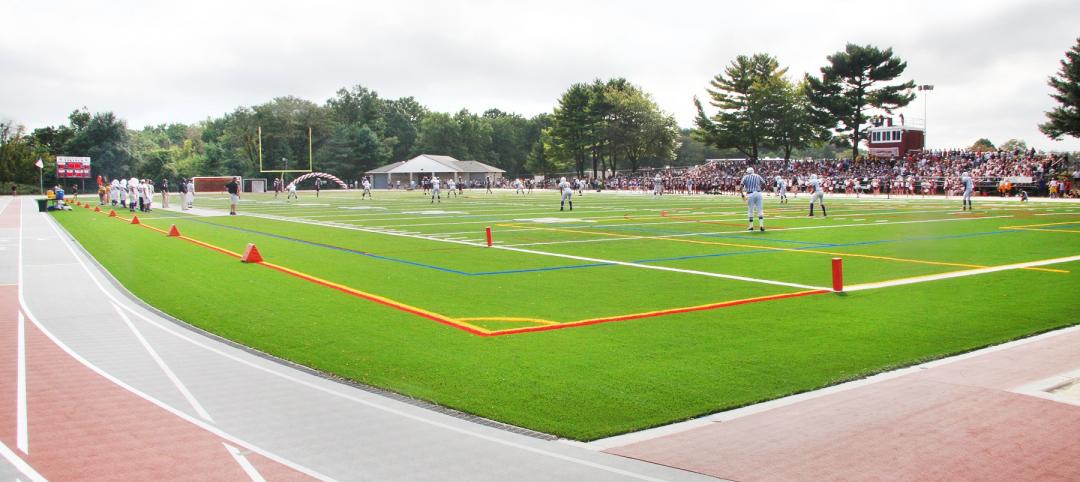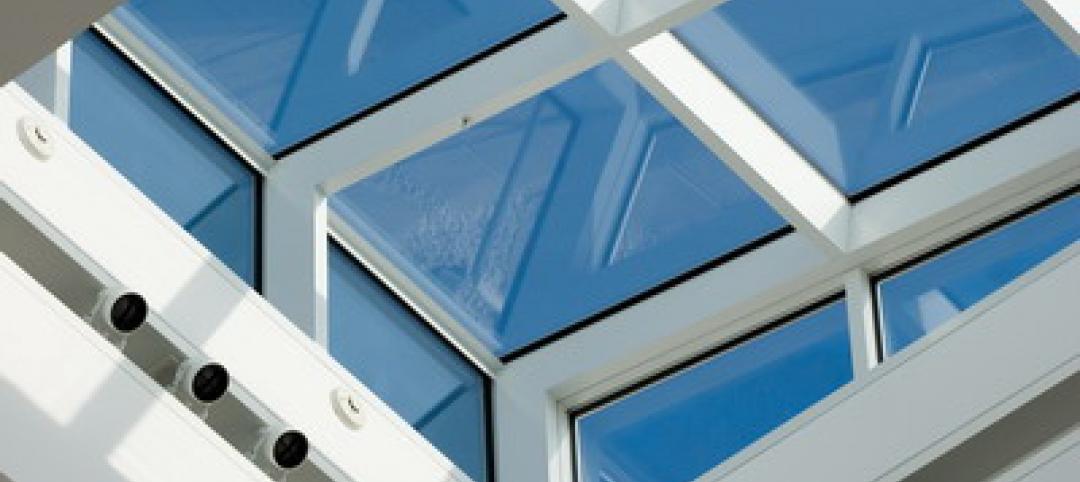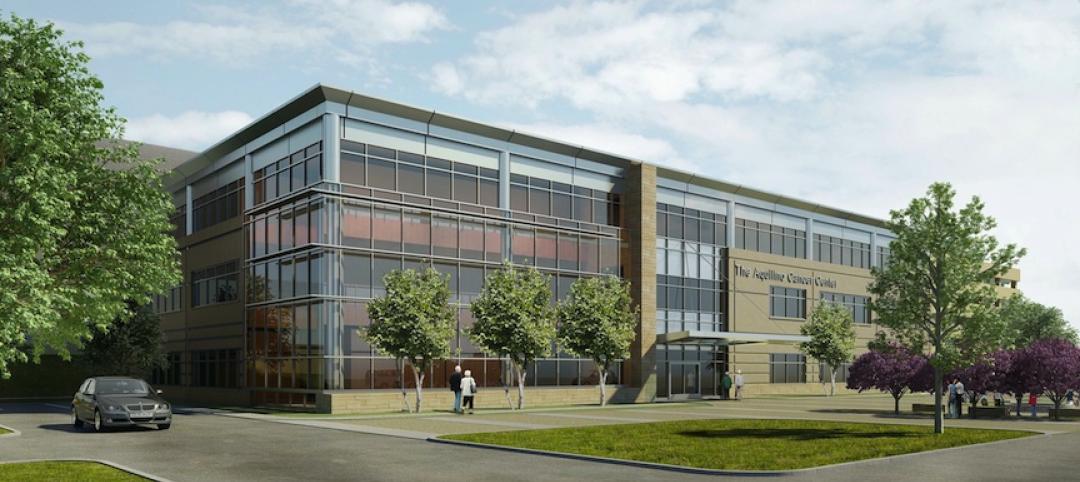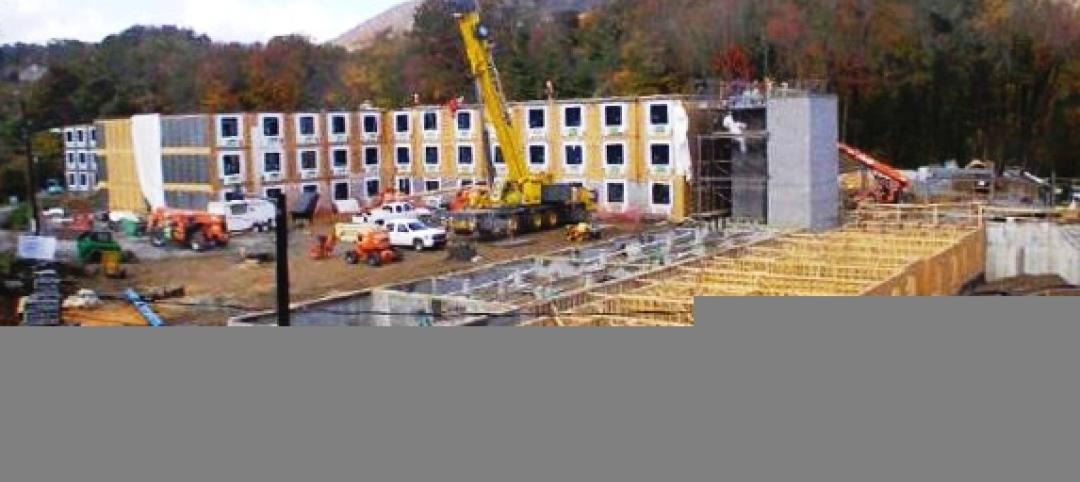Surveying members of the Construction Personnel Executives Group, FMI, reports that 24% of respondents will be unable to bid more work and 32% will experience slow growth if their companies cannot reasonably meet the need for skilled labor and tradespeople. Top executives at the largest contract firms in the U.S. took part in the survey.
“Overall, there’s an increase needed in skilled trade workers of more than 10% throughout the next three to 10 years,” says Ken Wilson, director for FMI, citing highlights from survey partipants. One large construction company says, "Our current hiring forecast shows a need for 8,500 additional craft workers by 2017.”
The top five positions that are expected to be the most difficult to fill are:
- Operator (heavy equipment)
- Welder (boilermaker)
- Carpenter
- Pipefitter
- Ironworker (reinforcing)
There are two significant contributing factors to the high demand for craft labor:
- The shift of the construction workforce to oil and gas related construction. FMI estimates that by 2017 nearly 10% of the total U.S. construction workforce will be part of this burgeoning segment of the industry.
- The number of survey respondents that plan to increase the amount of work the company self-performs. Currently, surveyed firms self-perform less than 40 percent of construction projects. However, 65 percent either have plans to or are considering plans to increase self-performed projects.
- This in-depth look into recruiting and retention of craft labor includes an analysis of the driving factors behind the skilled labor shortage, the most effective recruitment tactics and how companies are filling the demand for field management of the craft labor force. The report also provides practical counsel on how to develop human resource strategies to improve recruiting and retention rates.
To download a copy of the 2015 survey report, “Craft Labor Recruiting and Retention,” click here.
Related Stories
| Sep 28, 2012
Seattle is home to first LEED-certified modular radiation center
By using modular construction and strategic site design, RAD Medical Systems built the first radiation center to receive LEED certification.
| Sep 26, 2012
EDITORIAL OPPORTUNITY – BD+C Greenbuild 2012 Issue
Your firm is invited to contribute to this special issue, which will be distributed at Greenbuild San Francisco, Nov. 14-16, 2012.
| Sep 24, 2012
Reed Construction completes Lafarge headquarters in Chicago
Reed Construction was contracted to complete the full third floor build-out which included the construction of new open area work space, private offices, four conference rooms with videoconferencing capabilities and an executive conference boardroom.
| Sep 24, 2012
Chicago Lakeside shortlisted for the Sustainia Award
The “Lakeside Idea” is about bridging a brownfield industrial past to a green lifestyle future, from steel mill to innovation mill.
| Sep 24, 2012
$3.8-million athletic field and track opens in Glen Head, N.Y.
The complex also includes a new, one-story, multi-purpose building that serves as the main entry port to the athletic facilities.
| Sep 21, 2012
AAMA and WDMA release updated review and forecast that predicts industry trends
Significant volume is expected to return to the entry and interior door market as new construction demand is expected to grow at double-digit rates, outpacing remodeling and replacement activity as the housing market recovers.
| Sep 20, 2012
Mid-box retail study shows lack of available sites in Chicago
Existing supply is tight everywhere and almost non-existent in the most attractive zones.
| Sep 20, 2012
Forrester begins construction of freestanding cancer center in Montgomery County, Md.
The new 51,000-square-foot building will include two linear accelerator vaults for radiation equipment.
| Sep 19, 2012
Modular, LEED-Gold Certified Dormitory Accommodates Appalachian State University Growth
By using modular construction, the university was able to open a dorm a full year earlier than a similar dorm built at the same time with traditional construction.
| Sep 19, 2012
ABI back into positive territory
South continues to lead regions in demand for design services.



